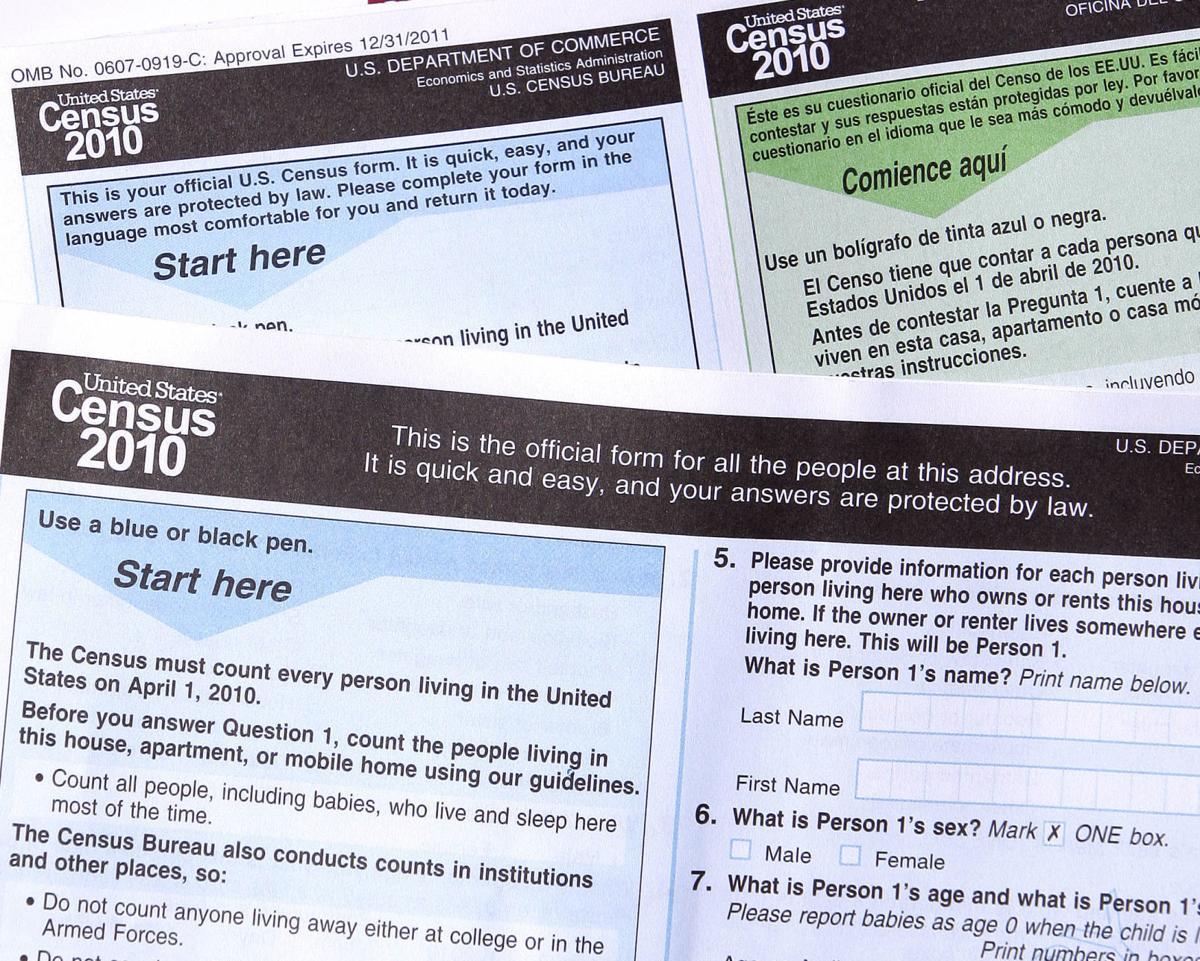PHOENIX — Arizona’s top two elected officials will not join the lawsuit filed by some states challenging the addition of a citizenship question to the 2020 census, even if it means Arizona won’t get its fair share of federal dollars and political representation.
Gov. Doug Ducey is opposed to more lawsuits, said his press aide Daniel Scarpinato.
“And he supports having accurate statistical information,” Scarpinato said.
Attorney General Mark Brnovich, Ducey’s fellow Republican, also has no interest in Arizona becoming one of the 17 states, seven cities and the U.S. Conference of Mayors that sued the U.S. Commerce Department over its plans to question everyone about whether they are citizens.
But Brnovich spokesman Ryan Anderson said that should not be seen as an endorsement of the policy change.
He said the issue has become “overly politicized,” with the litigation led largely by attorneys general who are Democrats, though the Conference of Mayors represents more than 1,400 cities led by elected officials from both major parties.
Ryan stressed that Brnovich is not thrilled by federal officials’ decision to add yet another question to what is supposed to be, according to the U.S. Constitution, a simple counting of heads.
“We have broad concerns regarding the collection and use of data by the government that go beyond the current lawsuit,” Ryan said.
He said Brnovich recognizes the potential financial and political implications of an undercount.
“We certainly want the reported numbers in Arizona to accurately reflect our growing population,” Ryan said, declining to rule out a lawsuit down the road.
He said Brnovich believes the best course of action is to raise questions with the Trump administration and Congress about the need for the additional information and whether the decision could be altered before census counters go out in early 2020.
Scarpinato, however, said Ducey is not convinced there will be an undercount and, even if there is, if it will affect Arizona’s share of federal dollars.
He also sees no problem with the question itself. “What’s the harm in additional information?” Scarpinato said.
The multistate lawsuit filed Tuesday in federal court in New York contends the new question could deter those not in the country legally from responding at all to the decennial count.
The counts have significant financial and political implications. Some forms of federal financial aid are distributed based on population. If a state is undercounted, it won’t get its fair share.
Statistics indicate Arizona could end up on the short end. The Pew Research Center estimates there were about 325,000 people who were in the state illegally as of September 2016. That was about 4.7 percent of the Arizona population at the time. By comparison, the undocumented population nationwide in 2016 was 3.5 percent.
Also, representation in the U.S. House will be reallocated using the figures from the 2020 count.
Arizona, which is growing faster than much of the rest of the country, is likely to pick up a 10th House seat. But whether it gets an 11th would depend on the count.
There also are intrastate issues. As on the federal level, some forms of state revenue sharing are allocated according to population. So communities could be shorted if they have a higher-than-average percentage of undocumented residents who choose not to answer the census.
Similarly, when the Independent Redistricting Commission realigns the state’s 30 legislative districts, which are supposed to have nearly equal population, it will be using data from the 2020 census.
The lawsuit argues it’s clear that adding the question to the count will affect the outcome.
“As defendants’ own research shows, this decision will ‘inevitably jeopardize the overall accuracy of the population count’ by significantly deterring participation in immigrant communities, because of concerns about how the federal government will use citizenship information,” the legal papers read.
It says the concerns “have been amplified by the anti-immigrant policies, actions and rhetoric targeting immigrant communities from President Trump and this administration.”
Brnovich, meanwhile, has concerns about government intrusion that go beyond the citizenship question, Ryan said.
“The census calls for a count of individuals,” he said. “There are broader questions of why does the government need to know how long it takes us to get to work, for example.”
“The attorney general is not going to advocate for individuals to boycott the census,” he said. “But there is also the fundamental issue here that every individual, regardless of citizenship status, is always free to not answer questions they feel is a violation of their privacy.”





